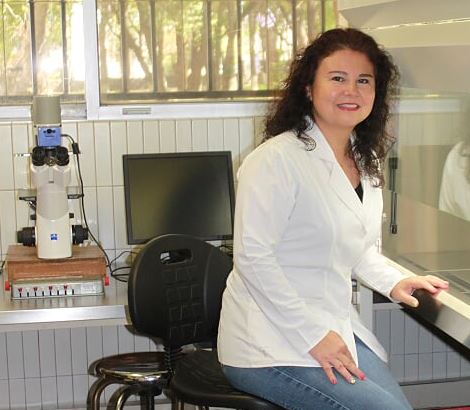
The CD95 pathway is a critical apoptotic pathway used by immune cells to avoid cancer development. CD95 ligand (CD95L) is found in several forms, as a cell membrane-associated form, a soluble metalloprotease-cleaved form, and a soluble but membrane-bound CD95L released on cell-derived exosomes. In this study, we used a cell-based assay to evaluate the activity of proapoptotic CD95L in sera from healthy individuals and breast cancer patients. We confirmed that our cell-based assay using Jurkat cells was sensitive to the presence of proapoptotic CD95L in serum, and apoptosis induction by mechanisms other than CD95 was discriminated using apoptosis-resistant Jurkat subclones. Our results indicated a proapoptotic potential of normal serum that involved CD95L. Sera from breast cancer patients exhibited significantly decreased apoptosis induction, due to increased CD95 receptor levels compared with healthy women. Apoptotic potential tended to decrease as the Breast Imaging Reporting and Data System grade increased, and we observed restoration of proapoptotic potential after tumor removal. The CD95L in serum responsible for apoptotic induction was associated with high-molecular-weight particles, perhaps with exosomes. The sera of healthy individuals generally contain a proapoptotic environment, and this property is mainly maintained by the presence of CD95L. Furthermore, measurement of CD95L-mediated apoptosis induction by sera could be a useful parameter to be evaluated during cancer development and therapeutic response.










